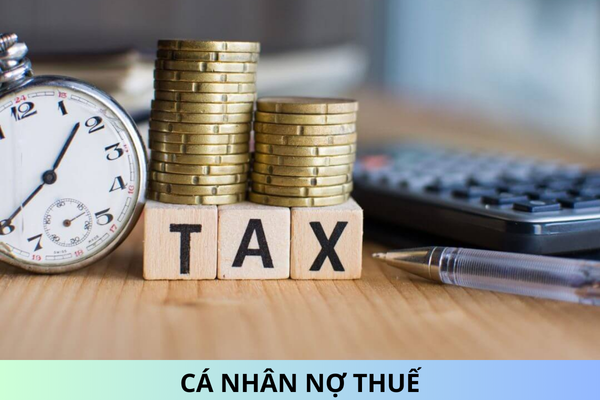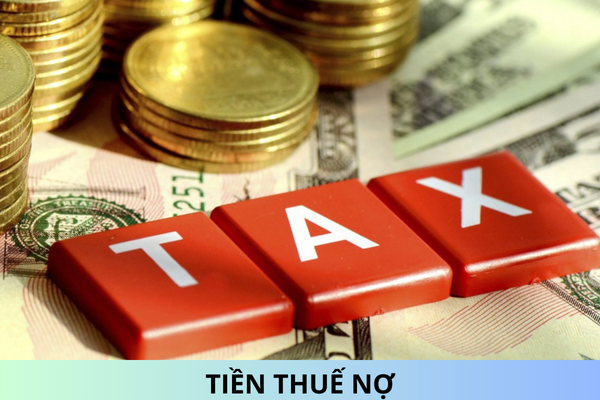What is the form for the Request of Registration of a Joint Stock Company in 2024 in Vietnam? Can Joint Stock Companies in Vietnam issue securities?
What is the form for the Request of Registration of a Joint Stock Company in 2024 in Vietnam? Can Joint Stock Companies in Vietnam issue securities? - Mr. Phat (Long An)
What is the form for the Request of Registration of a Joint Stock Company in 2024 in Vietnam?
In Appendix I-4 issued together with the Circular 01/2021/TT-BKHDT, there are regulations regarding the form for the Request of Registration of a Joint Stock Company in Vietnam, which can be found here.
What is the form for the Request of Registration of a Joint Stock Company in 2024 in Vietnam? Can Joint Stock Companies in Vietnam issue securities? - image from internet
Can Joint Stock Companies in Vietnam issue securities?
Pursuant to Article 111 of the Law on Enterprises in 2020 stipulating joint stock companies:
Joint stock companies
1. A joint stock company is an enterprise in which:
a) The charter capital is divided into units of equal value called shares;
b) Shareholders can be organizations and individuals; the minimum number of shareholders is 03; there is no limit on the maximum number of shareholders;
a) A shareholder’s liability for the company’s debts and liabilities is equal to the amount of capital contributed to the company by the shareholder;
d) Shareholders may transfer their shares to other persons except for the cases specified in Clause 3 Article 120 and Clause 1 Article 127 of this Law.
2. A joint stock company has the status of a juridical person from the day on which the Certificate of Enterprise Registration is issued.
3. A joint stock company may issue shares, bonds and other kinds of securities.
As regulations above, a joint stock company may issue shares, bonds and other kinds of securities.
Which authorities are responsible for receiving application for business registration of Joint Stock Companies in Vietnam?
Pursuant to Article 14 of the Decree 01/2021/ND-CP stipulating business registration authorities:
Business registration authorities
1. Each of provinces and central-affiliated cities (hereinafter referred to as “provincial level”) and urban/suburban districts, district-level towns and provincial cities (hereinafter referred to as “district level”) shall have a business registration authority. To be specific:
a) The provincial-level business registration authority is the Business Registration Office which is affiliated to the provincial Department of Planning and Investment (hereinafter referred to as “Business Registration Office”).
Each Business Registration Office may open branches within the province to receive applications and return results;
b) The district-level business registration authority is the Finance – Planning Department affiliated to the district-level People’s Committee (hereinafter referred to as “district-level business registration authority”).
2. Each business registration authority has its own account and seal.
As regulations above, there are 02 business registration authorities, including:
- The Business Registration Office which is affiliated to the provincial Department of Planning and Investment
- The Finance – Planning Department affiliated to the district-level People’s Committee
For the registration of a joint stock company, the Business Registration Office affiliated to the provincial Department of Planning and Investment is the competent authority to receive the application for registration.
What are regulations on the capital of a joint stock company in Vietnam?
Pursuant to Article 112 of the Law on Enterprises in 2020 stipulating capital of a joint stock company in Vietnam:
- A joint stock company’s charter capital is the total face value of the shares sold. The initially registered charter capital of a joint stock company is the total face value of subscribed shares and shall be written in the company's charter.
- Sold shares are authorized shares that have been fully paid for the shareholders. Upon registration of a joint stock company, sold shares are the total number of subscribed shares.
- Authorized shares are the total number of shares that are offered by the General Meeting of Shareholders (GMS) to raise capital. The number of authorized shares of a joint stock company upon its registration is the total number of shares that will be offered by the company to raise capital, including subscribed shares and unsubscribed shares.
- Unsold shares are authorized shares that have not been paid for. Upon registration of a joint stock company, unsold shares are the total number of unsubscribed shares.
- A joint stock company may decrease its charter capital in the following cases:
+ The decrease is decided by the GMS, in which case the company will return part of the contributed capital to the shareholders in proportion to their holdings if the company has operated for at least 02 consecutive years from the enterprise registration date and is able to fully pay its debts and other liabilities after the return of capital;
+ The company repurchases the sold shares in accordance with Article 132 and Article 133 of the Law on Enterprises in 2020;
+ Charter capital is not fully and punctually contributed by the shareholders as prescribed in Article 113 of the Law on Enterprises in 2020.
Best regards!











